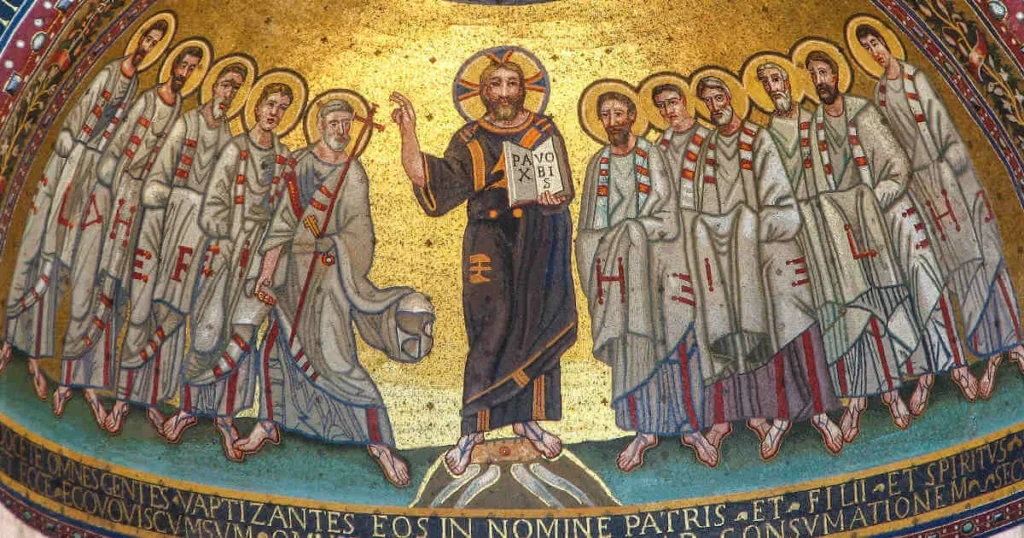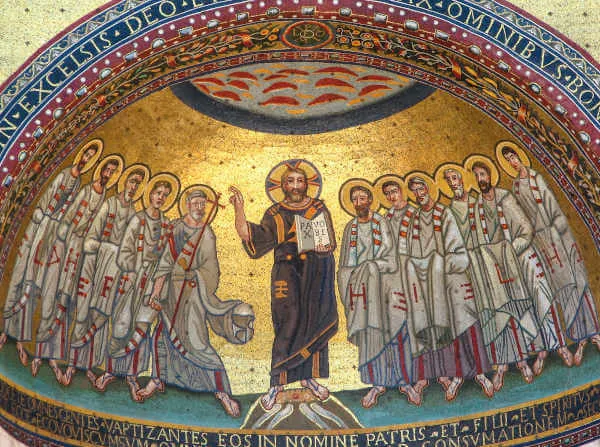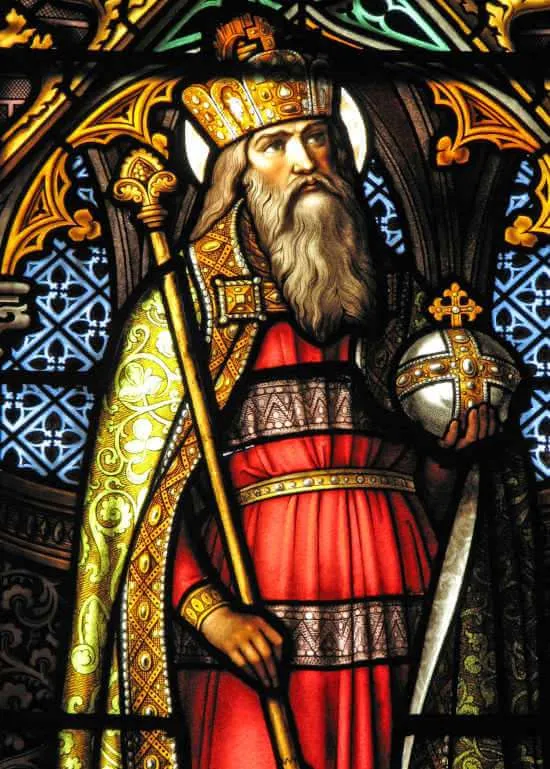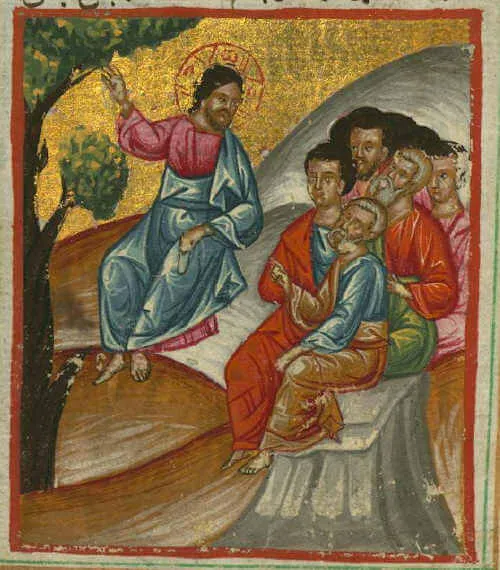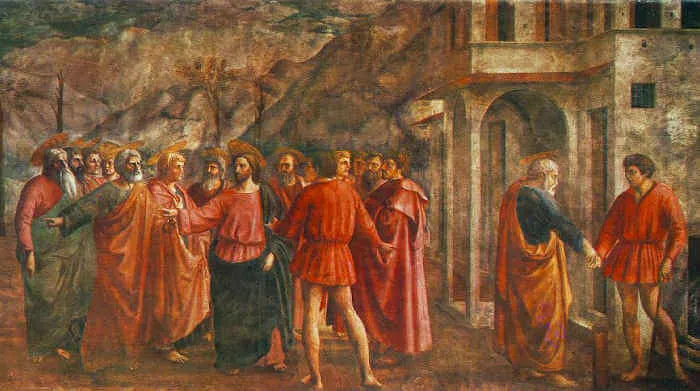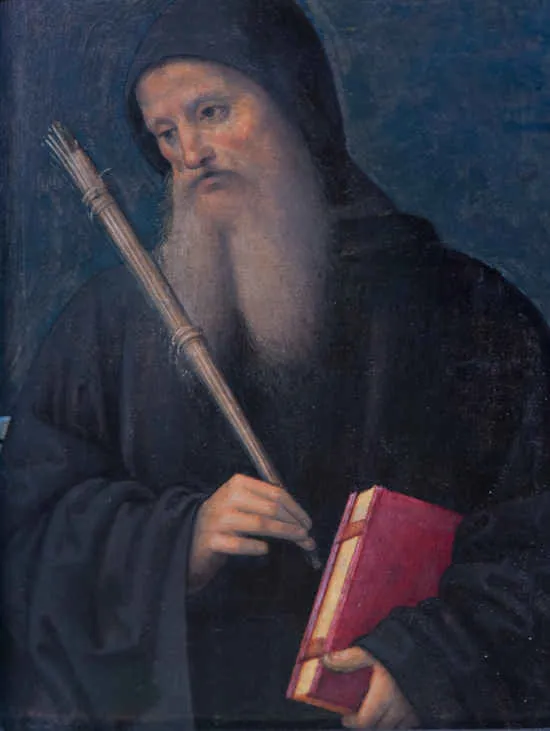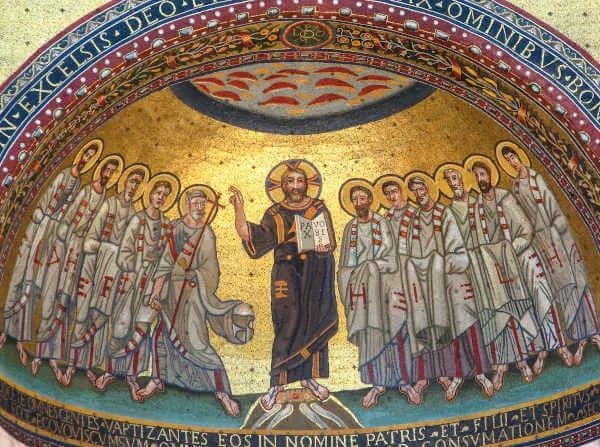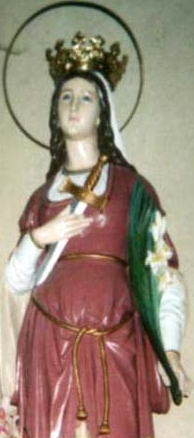Fifteenth Sunday in Ordinary Time
First Reading Amos 7:12-15
Amaziah, priest of Bethel, said to Amos,
“Off with you, visionary, flee to the land of Judah!
There earn your bread by prophesying,
but never again prophesy in Bethel;
for it is the king’s sanctuary and a royal temple.”
Amos answered Amaziah, “I was no prophet,
nor have I belonged to a company of prophets;
I was a shepherd and a dresser of sycamores.
The LORD took me from following the flock, and said to me,
Go, prophesy to my people Israel.”
Responsorial Psalm Psalms 85:9-10, 11-12, 13-14
R. (8) Lord, let us see your kindness, and grant us your salvation.
I will hear what God proclaims;
the LORD —for he proclaims peace.
Near indeed is his salvation to those who fear him,
glory dwelling in our land.
R. Lord, let us see your kindness, and grant us your salvation.
Kindness and truth shall meet;
justice and peace shall kiss.
Truth shall spring out of the earth,
and justice shall look down from heaven.
R. Lord, let us see your kindness, and grant us your salvation.
The LORD himself will give his benefits;
our land shall yield its increase.
Justice shall walk before him,
and prepare the way of his steps.
R. Lord, let us see your kindness, and grant us your salvation.
Second Reading Ephesians 1:3-14
Blessed be the God and Father of our Lord Jesus Christ,
who has blessed us in Christ
with every spiritual blessing in the heavens,
as he chose us in him, before the foundation of the world,
to be holy and without blemish before him.
In love he destined us for adoption to himself through Jesus Christ,
in accord with the favor of his will,
for the praise of the glory of his grace
that he granted us in the beloved.
In him we have redemption by his blood,
the forgiveness of transgressions,
in accord with the riches of his grace that he lavished upon us.
In all wisdom and insight, he has made known to us
the mystery of his will in accord with his favor
that he set forth in him as a plan for the fullness of times,
to sum up all things in Christ, in heaven and on earth.
In him we were also chosen,
destined in accord with the purpose of the One
who accomplishes all things according to the intention of his will,
so that we might exist for the praise of his glory,
we who first hoped in Christ.
In him you also, who have heard the word of truth,
the gospel of your salvation, and have believed in him,
were sealed with the promised holy Spirit,
which is the first installment of our inheritance
toward redemption as God’s possession, to the praise of his glory.
Alleluia Cf. Ephesians 1:17-18
R. Alleluia, alleluia.
May the Father of our Lord Jesus Christ
enlighten the eyes of our hearts,
that we may know what is the hope that
belongs to our call.
R. Alleluia, alleluia.
Gospel Mark 6:7-13
Jesus summoned the Twelve and began to send them out two by two
and gave them authority over unclean spirits.
He instructed them to take nothing for the journey
but a walking stick—
no food, no sack, no money in their belts.
They were, however, to wear sandals
but not a second tunic.
He said to them,
“Wherever you enter a house, stay there until you leave.
Whatever place does not welcome you or listen to you,
leave there and shake the dust off your feet
in testimony against them.”
So they went off and preached repentance.
The Twelve drove out many demons,
and they anointed with oil many who were sick and cured them.
Source: https://bible.usccb.org/bible/readings/071424.cfm
Fifteenth Sunday in Ordinary Time Read More »


